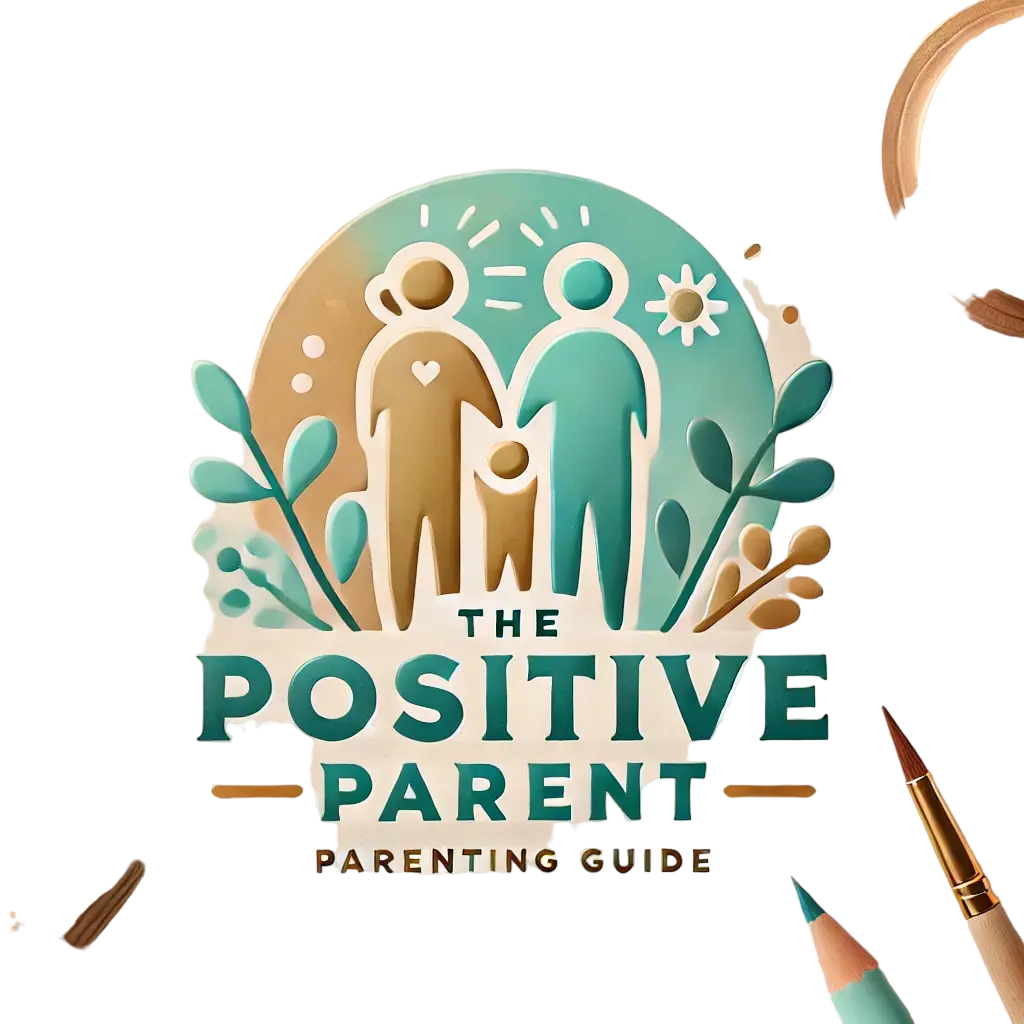How to Co-Parent Effectively with Your Ex
Category
Categories

Title: The Art of Co-Parenting: Successful Strategies For Parenting Following Divorce
Intro:
Navigating the turbulent waters of divorce can be daunting. The effects trickle down to everyone involved, particularly the children. One way to mitigate the impact and maintain a sense of normalcy for your kids is effective co-parenting. A study from the Journal of Family Psychology found that children who have a robust relationship with both parents are better equipped to deal with their parents’ separation.
But how exactly does one co-parent effectively with their ex? It’s not a walk in the park, but with some commitment, open communication and the collective desire to prioritize the kids’ wellbeing, you can turn a challenging situation into an effective parenting partnership. Here’s how.
1. Open Communication is Key
The first line of defense in creating an effective co-parenting relationship is open communication. Regardless of any personal issues between you and your ex, it’s essential to maintain open lines of communication for the sake of the kids.
Katherine, a mom of two boys after her divorce, quickly realized the importance of transparent communication. She began weekly update meetings with her ex. They set a dedicated time each week to discuss any issues associated with their kids, from schoolwork to scheduling weekend activities. By establishing this line of communication, they’ve been able to avoid many of the typical co-parenting conflicts.
2. Consistency in Parenting Styles and Rules
An essential part of effective co-parenting is maintaining consistency across both homes. It’s crucial for the kids to have stability and predictability, which can be achieved by keeping routines, rules, and disciplining styles constant in both houses.
David, a father of three, found that his kids thrived on predictability. After his divorce, he and his ex made a solid effort to mirror each other’s parenting styles. This has helped their kids adapt to the changes without feeling disoriented or confused.
3. Keep the Kids out of the Conflict
Divorces can be messy, and emotions can run high. But under no circumstance should the kids be involved in any conflict between the ex-partners.
Emma, a newly divorced mom, found herself caught in heated disagreements with her ex. She quickly realized the toll it was taking on her young daughter and made a pact with her ex to keep their arguments private. Experts unanimously agree that parental conflict can have detrimental effects on a child’s psychological wellbeing. Keep disagreements and sensitive discussions out of the children’s earshot.
5. Foster Positive Relationships
Remember, your child has a right to a loving relationship with both parents. As such, it’s important to foster and nurture the child’s relationship with the other parent.
Despite going through a sour breakup, John made it his mission to encourage his kids to have a healthy relationship with their mom. He ardently avoided speaking negatively about her, and even organized joint outings to ensure his children could still create happy memories with both parents.
6. Seek Professional Guidance
Co-parenting can be tough, and sometimes it is beneficial to seek help from professionals who can provide useful strategies and coping mechanisms. Family therapists and counselors are geared to facilitate healthier communication, resolve conflicts, and provide guidance on managing tricky situations.
7. Be Flexible and Fair
While routine and consistency are important, life isn’t always straightforward and predictable. There will be situations that require flexibility. Maybe your ex has to work late one evening, or there is a special event they want to take the kids to outside of their visitation schedule. In these cases, being flexible and fair can go a long way in maintaining a healthy co-parenting relationship.
8. Take Care of Yourself
Lastly, in order to be an effective co-parent, it is important to take care of yourself. Just like they say on airplanes, you need to put on your oxygen mask before you can help others. Recognize that this is a challenging transition period, and self care is just as important. Make sure to prioritize your own wellbeing so you can be the best parent you can be.
Conclusion:
Co-parenting after a divorce can be a challenging landscape to traverse. But with these tips in your toolkit, you can pave a path forward that minimizes friction, maintains a sense of normalcy for your kids, and creates a healthy relationship between yourself and your ex for the benefit of your children.
Remember, by working towards successful co-parenting, you’re not just minimizing drama between you and your ex, you’re building a future where your children feel loved, secure, and understood by both parents. And that’s a goal worth striving for.
So, jump right in. Open the communication channels, stay consistent, but be flexible, and above all, always put the best interests of your kids at the forefront.
Call to action:
Let’s turn the page on this new chapter together! Share this article with others you feel could benefit from these tips and strategies. Better still, we want to hear from you! Share your co-parenting experiences, tips or concerns in the comments below. Let’s foster a supportive community for all co-parents out there, because the journey might be tough, but it’s always easier when we walk together.



